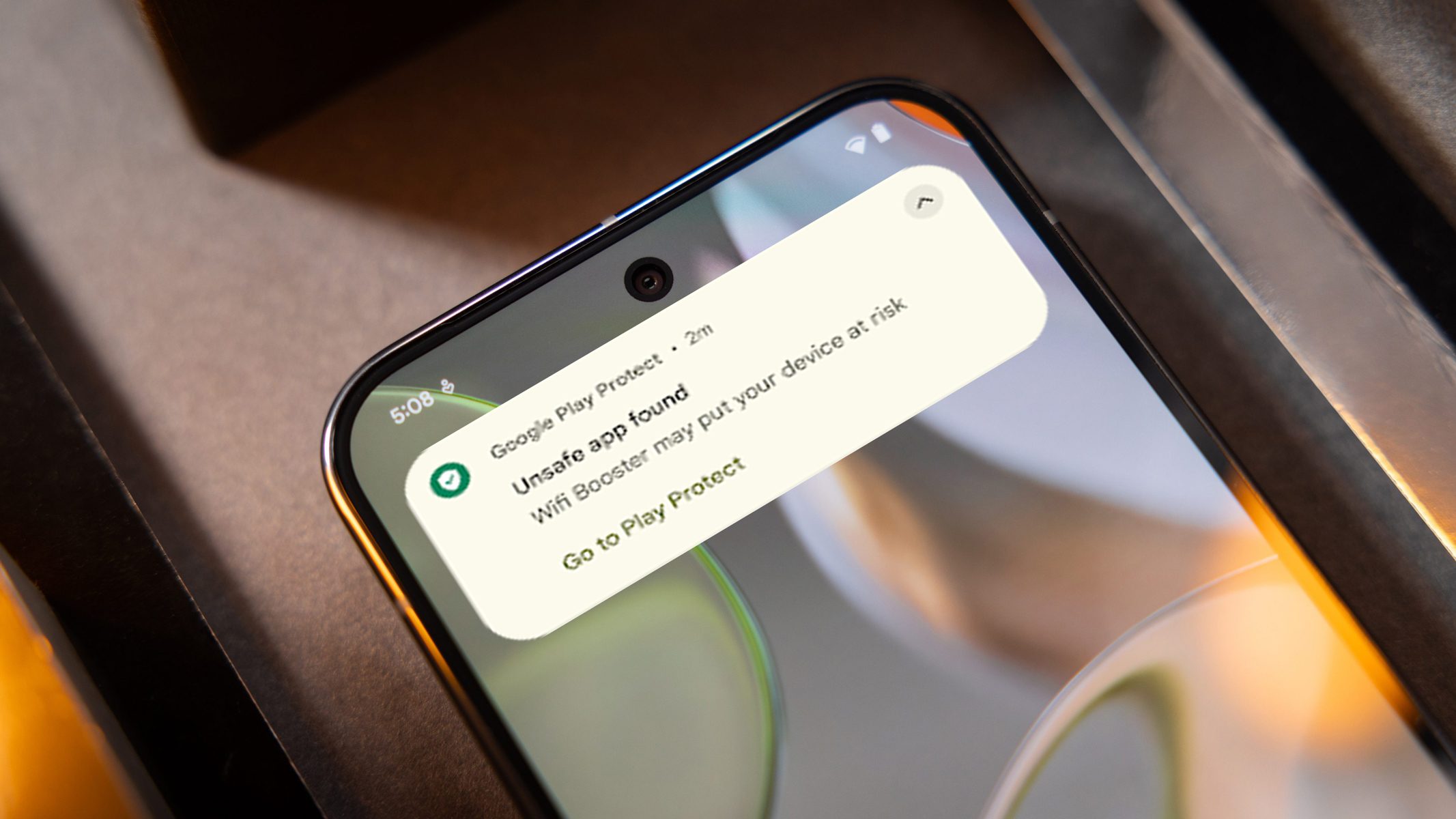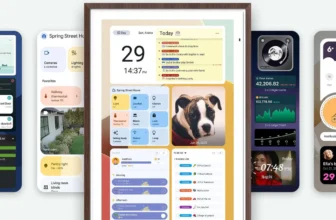
As technology advances, so does the sophistication of hacking and scamming techniques. In response, Google is leveraging AI to bolster mobile security, introducing new tools to combat scams and malware, starting with Pixel devices.
Google Pixel Real-time Call Scam Detection
First announced at I/O 2024, Google is now rolling out two real-time protection features to select Pixel smartphone models. The first is real-time scam detection for calls, which uses on-device machine learning to analyze calls for suspicious patterns associated with scams.
When a call is flagged as potential spam, the feature alerts the user through sound, vibration, and a text warning in a pop-up card. Users can choose to end the call or mark it as “Not a scam” directly in this pop-up.

Google emphasized this detection process occurs entirely on-device, with no recordings or transcripts sent to its servers. On the Pixel 9 series, the feature is powered by the Gemini Nano model, while older Pixel models with Tensor G2 SoC and previous chipsets use other on-device machine learning capabilities.
This real-time call scam detection feature is disabled by default. Users can enable it through the Phone app’s settings or directly from the dialer during a call. Currently, scam detection is available in the USA for Phone beta users and supports the English language only.
More Robust App Security Features
Another protection feature now shipping to Pixel devices is Google Play Protect live threat detection. This enhancement builds on existing Google Play Store security tools by scanning for malicious apps in the background and providing real-time alerts for malware and unsafe applications.
When a threat is detected, users receive a pop-up card with more details via Google Play Protect. Similar to call scam detection, this process runs entirely on-device, leveraging the Private Compute Core for enhanced privacy.
In its initial rollout, live threat detection focuses on identifying codes that collect sensitive information and user data without consent.
This added layer of security is available on Pixel 6 and later models, and Google plans to expand it to other Android manufacturers in the coming months.
Do you have other measures to keep your device and data secure? We’d love to hear your suggestions.






